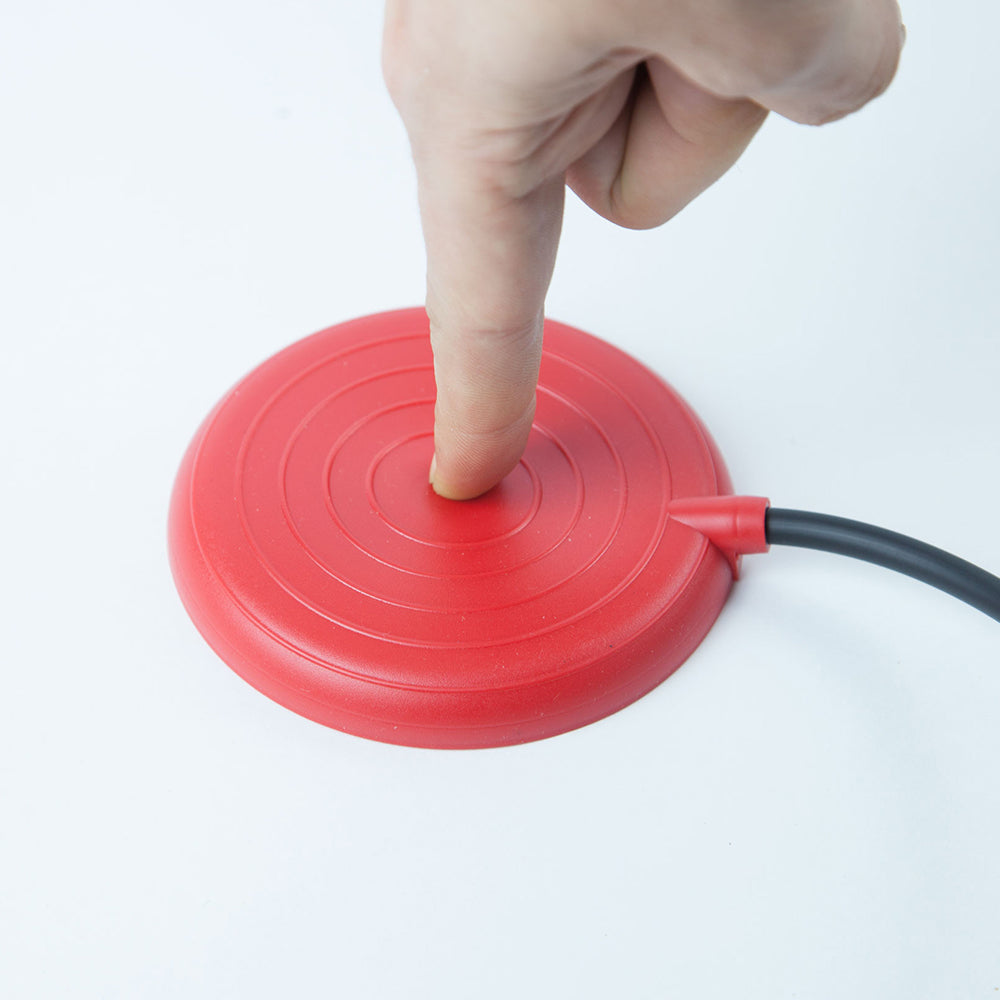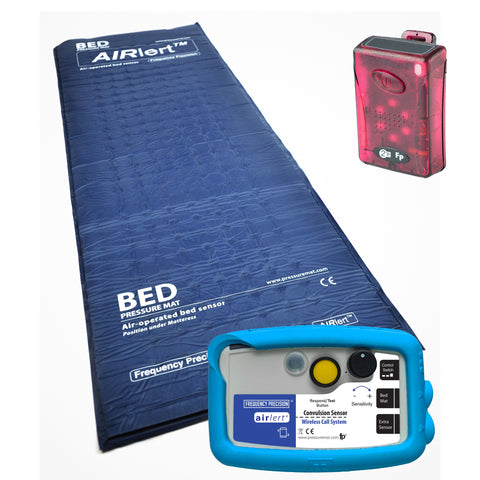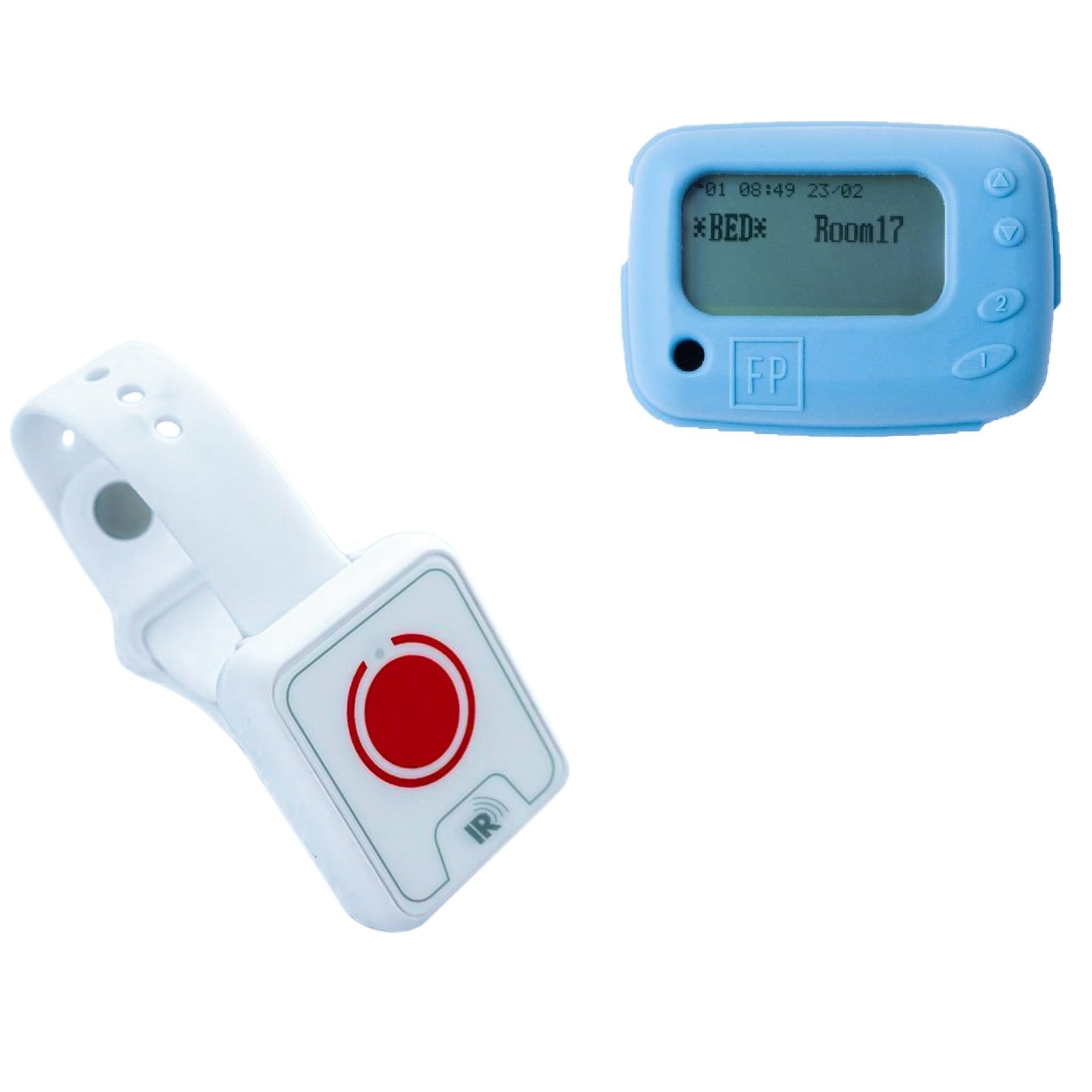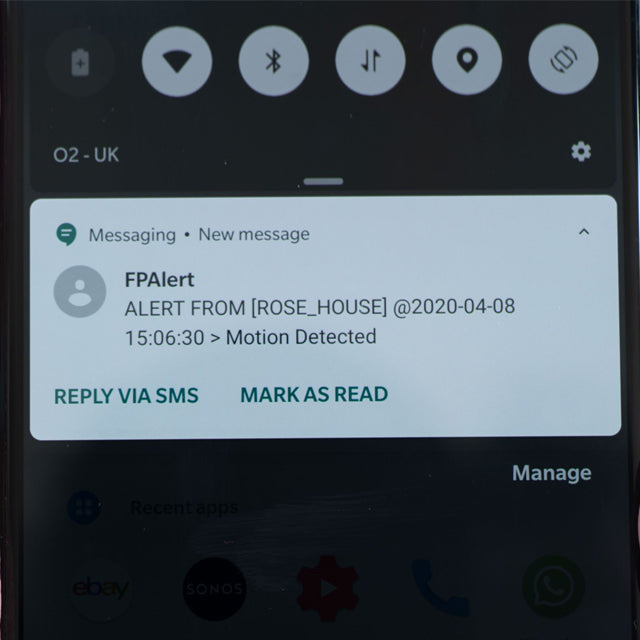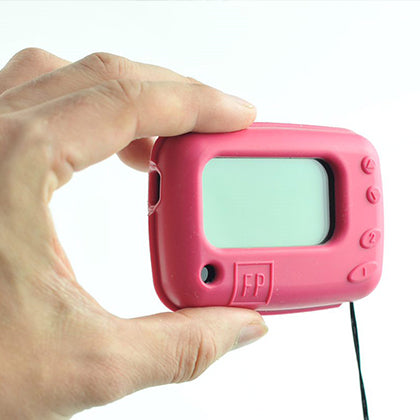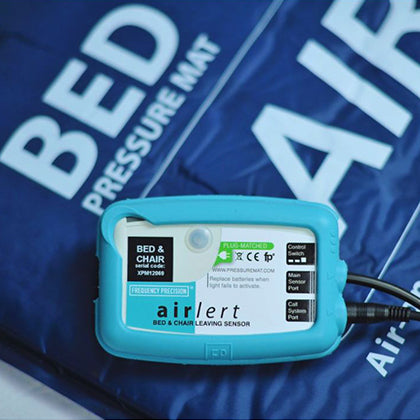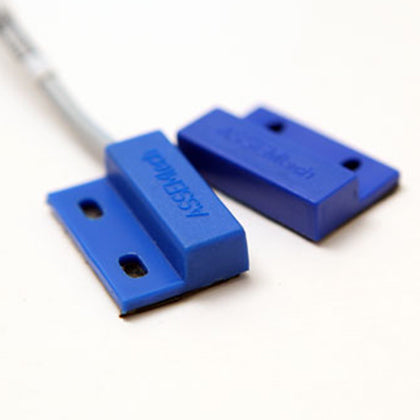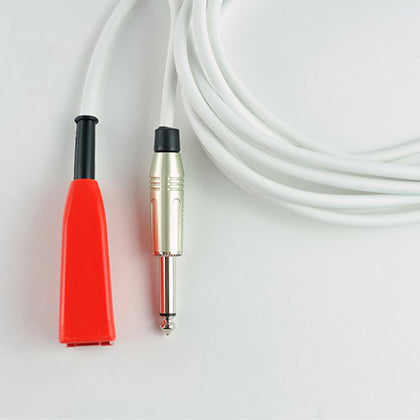Science, no doubt, has come a long way. Could anyone have ever thought in the 1850s that people would be able to speak to each other across continents or in the 1950s that we would be able to speak and see other people while talking to them on the phone? Well, Graham Bell's device and his dream paved the way for the communication technology that we use today.
With the advent of technology, healthcare has changed as well. Flexible and wireless systems in the markets have made healthcare more personalized and predictive. They have paved the way for more electronic applications like motion sensors for bedridden and bed-rest patients. Here's how wireless sensors are changing the future:

Skin Sensors
Many companies and research labs are currently working to commercialize skin sensors, patches, and transmitters that can have numerable applications in neurology. These sensors can then be commercialized so that anyone can wear them and monitor their wellbeing. Some of the advanced prototypes feature a sensor that is delicate enough to be placed on a newborn baby's skin to monitor its vitals without damaging its fragile skin.
This way, doctors won't have to untangle a web of wires to pick up the baby. Similar systems can also measure pressure and temperature in amputated limbs.
Bed Sensors
Many disorders like Alzheimer's, and Parkinson's disable patients and make them susceptible to falls and injuries due to disorientation. Disabled patients can use a smart cordless bed sensor pad to alert their caregivers if they've left the bed. These applications have made it easier for patients to be on their own without consistently having a person in their presence.
Floor Sensors
Floor sensor applications have been put into pressure mats that detect movement or sound an alarm when the patient puts pressure on the mat. If a patient falls from the bed, the smart pressure sensing floor mat will sound an alarm based on the time and duration of its programming and specifications. This way, a caregiver can come into the room, tend to the patient's injuries, and get them back into their bed.
Motion Sensors
If you've got a person who has a sleepwalking issue, then a motion sensor at the doorway and near the staircase can alert you if they are in danger of a fall. These sensors have given patients the freedom and privacy to deal with their illness yet being a humane restraint that helps the caregivers provide treatment.

Buy Pressure Mat Alarm With Chime
If you're looking for sensor applications to help your patient, check out the sensor-based gadgets at Frequency Precision. We provide a variety of medical-related apparatus that will help caregivers keep an eye on their patients without intruding on their privacy. Order pressure sensing floor mats, wireless convulsion sensor mats, chair alarms for the elderly, and effective nurse call systems for your medical facility.
Get in touch with us to place your order or get information about our assistive care products and services.

